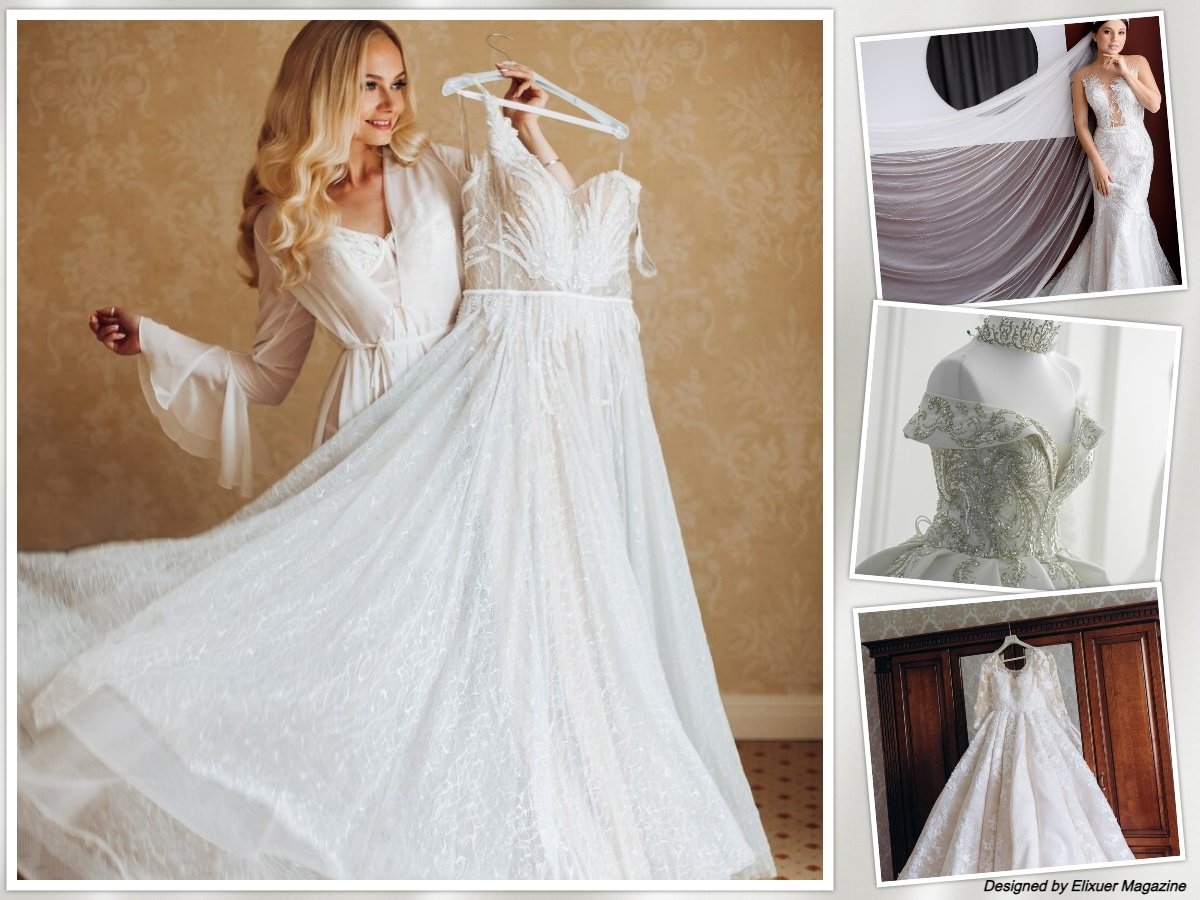Friendship is all about give and take, it is one of the most complex relationships humans share. Oftentimes, your attachment style can significantly impact your friendship. You might be too attached to your friend, or you might feel that someone is putting in more energy and effort than the other. When this happens, you might get frustrated.
After all, no one wants to be too clingy or envious. For your friendship to flourish, it must be secure. An insecure friendship stems from overthinking; you might always mull over your friend’s opinion and what they think of you. As a result, you might find it hard to relax, let go, and simply be yourself. When you are true to yourself, you allow your personality to shine without stifling it.
To have secure friendships, you must examine your attachment style. Psychologist John Bowlby first introduced the term attachment style in the mid-20th century. Bowlby’s theory is rooted in the belief that infants were wired to form attachment styles as a mechanism of survival. These attachment styles developed in childhood play a pivotal role in shaping the child’s emotional health and relationships as adults.
Bowlby identified four distinct attachment styles that can influence our relationships: secure, anxious, disorganized, and avoidant. Below is a sample of each style and how it can affect your friendships.
Secure
When you are in a secure relationship, you feel confident in your friendship. However, that doesn’t mean that your friendship is immune to problems. Even though problems will undoubtedly arise, you are confident and independent to a certain degree, knowing that your friend won’t abandon you. Because you are not clingy, you are not afraid or jealous when your friend enjoys association with others because you are satisfied with your relationship and what it contributes to yourself and others.
Anxious
Different friends often bring distinct positivity to your life. For example, you might have a friend who shares your emotional concerns and is a shoulder to cry on, or you might have another who is the spark of life and is the person you go to when you fancy a wild adventure. The mishmash of friendships can be a source of joy. But what happens if your friendship sours because you are too clingy? If you are clingy, that means you are insecure and anxious.
Often, feelings of insecurity stem when you express yourself in a very emotional way, or you are impulsive. If you are concerned about your friendship and worry too much, it might be helpful to focus on what you can control. This includes communicating in an honest, open, and genuine way. Always remember that you can only do so much in a friendship, and not everything is within your control.
Avoidant
Avoidant personality types in friendships are the most difficult to interact with. Your friends might not necessarily be mean, but they tend to be emotionally distant, which makes them come off as insensitive or uncaring, even though they really aren’t. Most likely, they don’t like getting too attached to another person because they are afraid of being hurt.
To be a true friend to a person who exhibits an avoidant personality, you need to be patient. Because they often feel insecure, try to create an atmosphere of safety by being a good listener and understanding their views. If even they seem awkward, it will help you gain middle ground.
Disorganized
Being friends with someone with this attachment style is challenging to say the least. They might trust you at times, but all of a sudden, they can show confused behaviour and feel betrayed at the slightest thing you say or do. They are not good at addressing conflicts and may often show big reactions. Because they tend to have mixed feelings about others, they want to connect but find it challenging to do so because of fear. With dedication and the right support, you can develop a secure friendship with this personality type.
Attachment styles are simply behavioural patterns. They do not make friendships, people do. Understanding each attachment style and its behaviour can help you handle conflicts when unstable circumstances arise.
Aaron Levinson | Staff Writer










